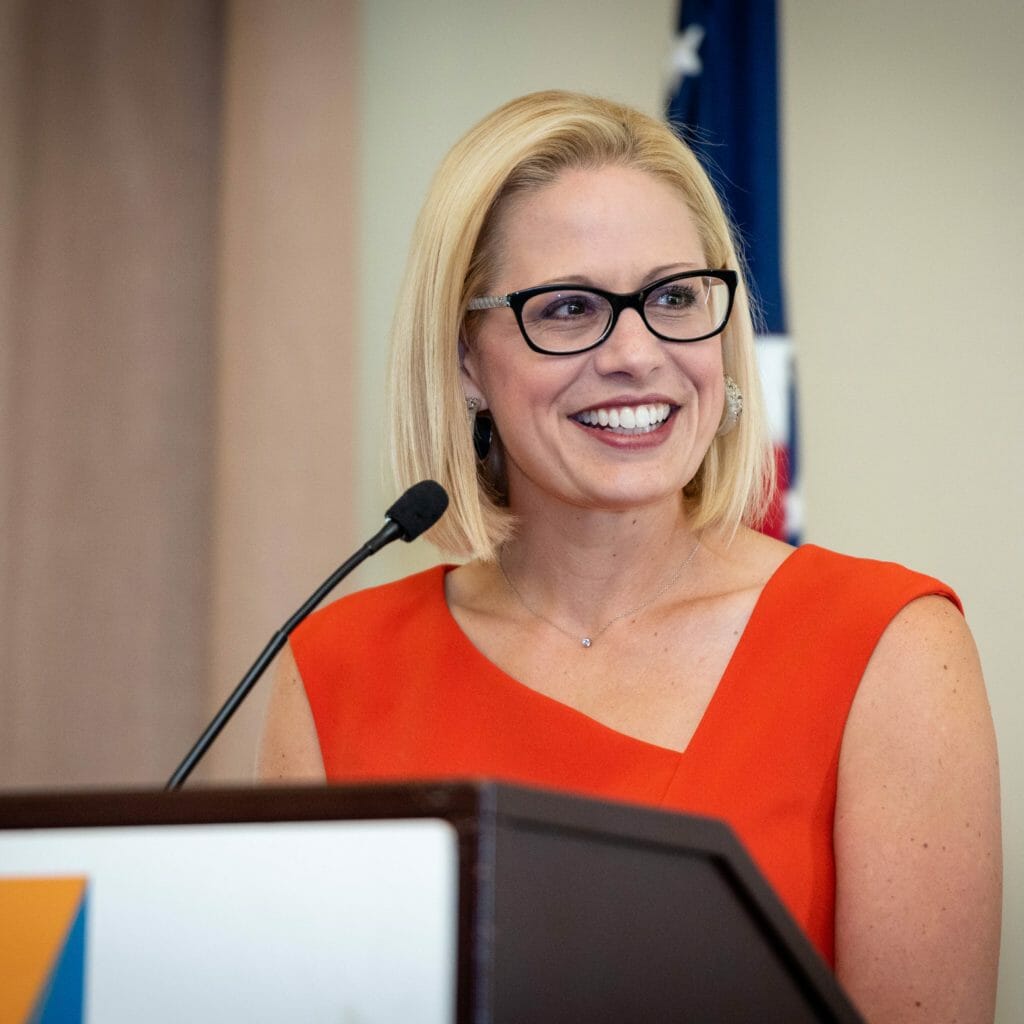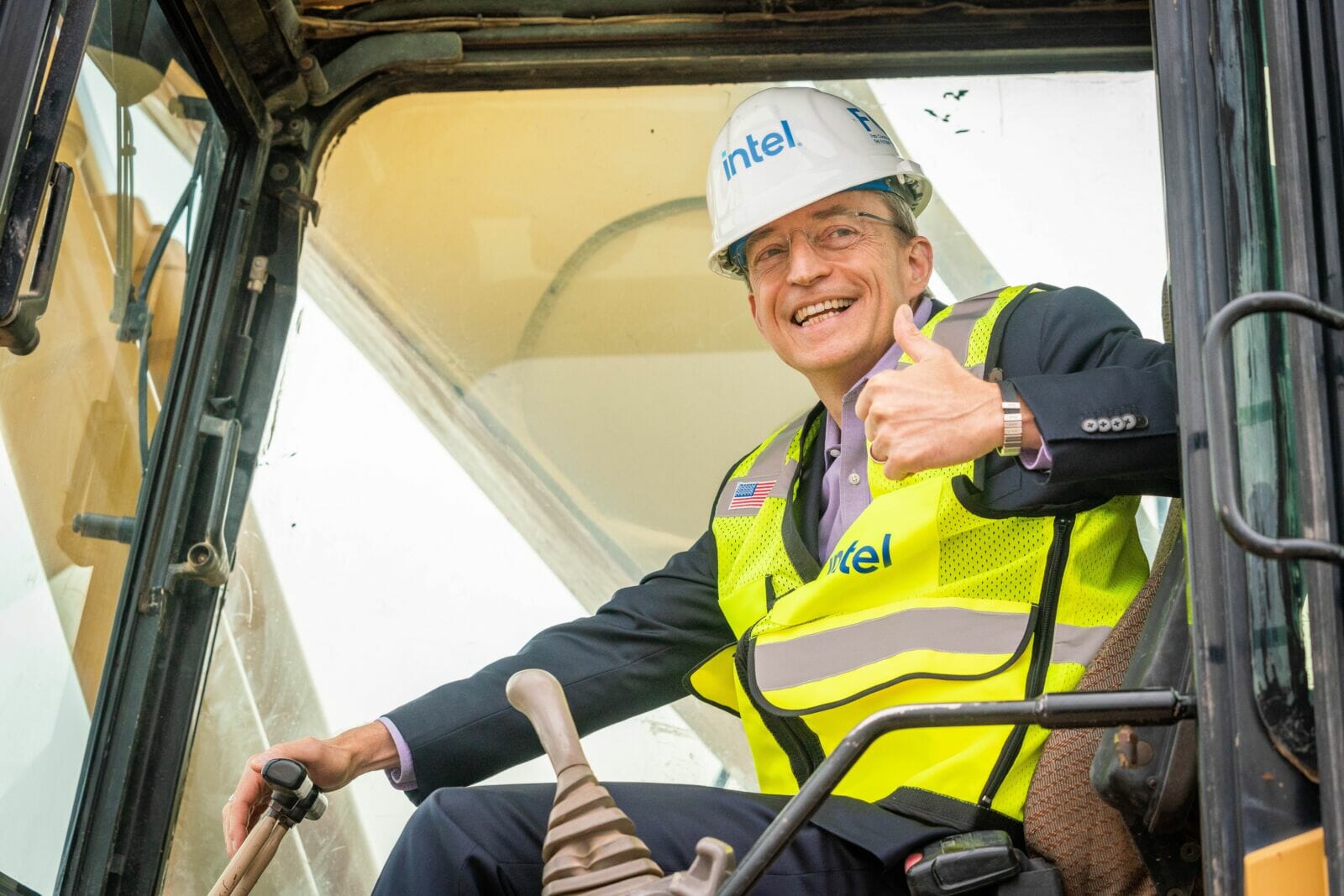On Aug. 10, Sen. Kyrsten Sinema spoke to members of the Greater Phoenix Chamber about her recent legislative accomplishments and the importance of bipartisanship to getting things done in Congress. Arizona, she says, has grown into a major economic engine for the nation thanks in part to the state’s higher education system and business friendly climate.
“We have fostered an economy that stands apart,” she says. “Arizona is now home to multinational companies, and those investments continue to grow thanks to our CHIPS and Science law last year. Companies like TSMC and Intel continue to expand in Arizona, bringing strong careers and increased opportunities to our communities.”

To help projects such as these move forward across the U.S., Sinema shepherded a provision in the National Defense Authorization Act (NDAA) that speeds up the permitting process. This change allows for production to get up and running quickly, which Sinema says is important not only for bringing semiconductor manufacturing back to the U.S., but for national security.
“According to the current law,” Sinema explains, “the [National Environmental Policy Act] process adds basically two years to siting and building these facilities. The amendment that we successfully included in the National Defense Authorization Act reduces that so that you’re not having to stack the permitting on top of each other — it reduces it to all be one set of permitting.”
READ MORE: How Arizona’s semiconductor industry benefits from policy, partnerships
READ MORE: How Sinema says CHIPS and Science Act will impact Arizona
Sinema also notes that Arizona’s community college systems are changing the way they’re providing education, making it more convenient for folks to earn credentials and degrees — opening pathways to higher paying jobs and meeting workforce needs. More people are also getting stackable credentials to build up their skills while working.
“They learn skill ‘A’ and can get a job doing it. While they’re doing skill ‘A’, they go back [to school] and get their credential for skill ‘B,’” Sinema explains. “They make more money, have a better quality of life, and they’re making space for more people to come in behind them. The way that we’re changing community college education in Arizona is going to revolutionize our workforce development readiness.”
On the topic of water, Sinema reiterates the importance of the $8 billion for water infrastructure for western states included in the Infrastructure Investment and Jobs Act, along with the additional $4 billion she secured in the Inflation Reduction Act. While it is crucial to invest in Arizona’s water portfolio, she doesn’t think that precludes growing the economy.
“Development is incredibly important for the future of our state. That, in my mind, is non-negotiable. We have to develop in order to survive and thrive economically,” she says. “We do face an existential challenge when it comes to water supply. The good news is that Arizona has long been at the forefront. We are the very best at water conservation efforts — much better than surrounding states.”
Technology and collaboration, Sinema continues, is key to solving water challenges today and in the future.
“That’s why I’m so focused on working with the Colorado River states collaborative where all seven states are working together to find both short- and long-term solutions,” she concludes. “We just have to be willing to be innovative about how to utilize water differently than we have in the past.”




